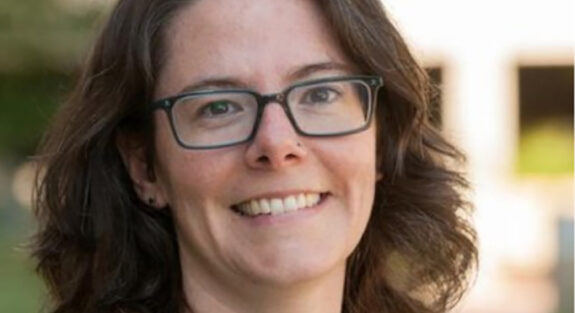Gain the skills you need to be a thought leader in today’s digital society.


Why a Certificate in Digital Literacy at Clark University?
- Build key competencies in current digital marketing best practices, and identify how they enable organizations to conduct business in ethical or unethical ways.
- Courses can be applied towards a master’s degree in communication, counting as a concentration in that degree.
- Work in a highly collaborative learning environment with talented peers and scholar-practitioner faculty who share with you their deep leadership experience.
- Amp up your skills at a globally ranked and accredited university that has set itself apart as a leader in skills-based education.
- Pursue the digital literacy certification on your own terms with online or hybrid courses that fit your work and your life.
Our certificate in digital literacy consists of four graduate level courses offered both online and in hybrid format. These courses are designed to provide competencies in key media information, literacy concepts, and other current topics in the digital landscape, as well as to identify the various and numerous real-world occurrences of each of the key elements of digital citizenship. Understand how digital communications technologies themselves can construct our reality. Each course is taught by a leading expert in the field.
With start dates in January, June, or September, we offer the flexibility you need.
- 4 courses
Note: This is a graduate certificate program. A bachelor’s degree is required to enroll in the program.
The need for proficiency in digital skills, technology, and media platforms continues to grow across all sectors. Graduates will be competitive candidates to enter forward thinking organizations as digital ethicists, digital strategists, and other pivotal positions shaping business practices and outcomes.
- History of the Information Society
- Digital Citizenship
- Ethics in the Digital World
- Socio-Digital Engineering
Frequently Asked Questions
What skills will I learn?
Be prepared to be an in-demand digital mastery expert.
Certificate holders will learn to:
- Recognize the fundamental concepts of business ethics and apply them to digital marketing practices.
- Understand the roles of individuals, profit organizations, non-profit organizations, governments, and cultural norms in the shaping of digital citizenship
- Recognize and analyze ethical dilemmas and develop conflict resolution and risk mitigation strategies as they relate to digital marketing.
- Assess and address policy and ethical concerns as they relate to digital marketing.
- Build competencies in online privacy and information collection, handling, and sharing that could be of ethical concern as well as predict the risks and impacts of their application.

Guiding students to become in-demand professionals shaping the digital experiences and technologies of today and tomorrow
With coursework covering the history of the internet to digital ethics and the social engineering behind common websites, this program challenges students to look deeper into important current issues like the role of social media, cyberbullying, on-line privacy, big data, and internet addiction.
“With the ubiquity of digital devices and experiences, this credential is right on time. Employers need professionals able to navigate ethical issues and lead an organization through the evolving challenges in information and communication technologies.
—Sarah McMaster
Professor, School of Professional Studies
Academic Excellence. Global Reach. Career Success.
Join our supportive community of scholars. Ready to take the next step?

